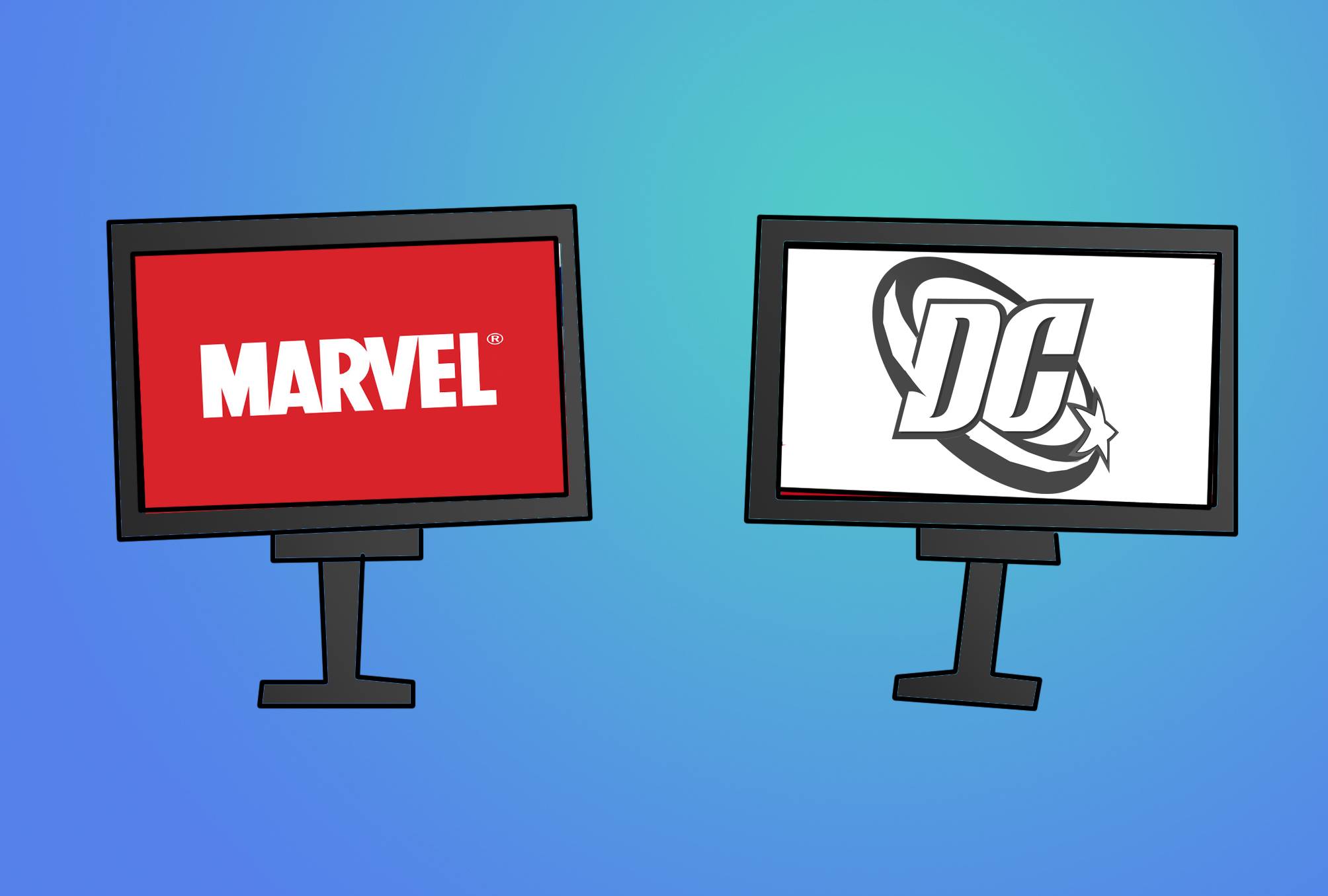Monopolizing on nostalgia

Hollywood is looking into the past in order to capitalize on reused ideas

In Hollywood, originality is hard to come by and it has been growing increasingly scarce due to the steady arrival of reboots and spinoffs. In particular, the integral commonality these two practices possess is an ability to monopolize on the nostalgia of past cinematic and televised success.
The idea behind this strategy is to harness the adoration and love that audiences had for past storylines and characters, reintroducing it years later to entice returned viewing from past fans while also inviting new audiences to watch.
This widely practiced business model is rampant in the world of film and television and it can be seen to be operating with varying degrees of success and failure. For instance, many forget the immensely popular comedic sitcom Frasier, which ran for 11 seasons and won three Golden Globes, is in fact a spinoff of the equally successful sitcom Cheers. Upcoming series Better Caul Saul is a spinoff of one of the most popular shows ever, Breaking Bad.
However not all spinoffs are successful, with notable duds including Joey, which was derived from Friends and lasted all of three dismal seasons. Unfortunately the degree to which Hollywood measures success is financial gain, not critical acclaim. Due to the fact that Marc Webb’s reboot of Sam Raimi’s Spider-Man earned nearly $1.5 billion worldwide, we can expect another dull The Amazing Spider-Man movie in the near future.
Consequently, the more audiences invest their time and money in supporting spinoffs and reboots with ticket sales, the more they will simultaneously be reaffirming Hollywood’s intent to redeliver storylines that have already been exhausted or should remain untouched to preserve their originality.
With regards to cinema, the forecast for reboots and spinoffs has never been greater, with announced spinoffs of hugely popular franchises such as Jurassic World, Terminator, Mad Max: Fury Road and Star Wars. In addition, popular film series can even spark TV adaptations, which is apparent with Marvel’s Agents of S.H.I.E.L.D. and Agent Carter as well as DC’s Gotham.
This cross-convergent sharing of ideas functions in reverse as well, with well-liked TV shoes earning their own film adaptations just as Entourage has.
Ultimately, this cross-convergent sharing of ideas illustrates Hollywood’s lucrative mindset that seeks to capitalize on audiences longing to return to familiar states of nostalgic pleasure.
These reboots, spinoffs and adaptations are pre-sold in the eyes of Hollywood producers and fund themselves based upon the reliable assumption that all who enjoyed the original will invest in its newer form. Essentially, the broader the narrative scope of the universe that is created, the more a film series is worth an investment from producers, who envision potential spinoffs and reboots with each film franchise that they finance.
A prime example of this prevalent industry technique of monetizing narrative universes through reboots and spinoffs exist with Marvel and DC comics, which are scheduled to jointly be releasing a total of twenty-three feature films by the end of 2018.
If it weren’t already evident, the age of adaptation is upon us and as a result originality in an industry dominated by replication and the rehashing of ideas is diminishing.
Instead of reinventing that which has already been established, Hollywood should be lending its financial commitments not to a surplus of reboots and spinoffs for the purposes of maximizing profits, but rather to unique scripts that explore new ideas and promote refreshing narrative worlds that have yet to be explored.


